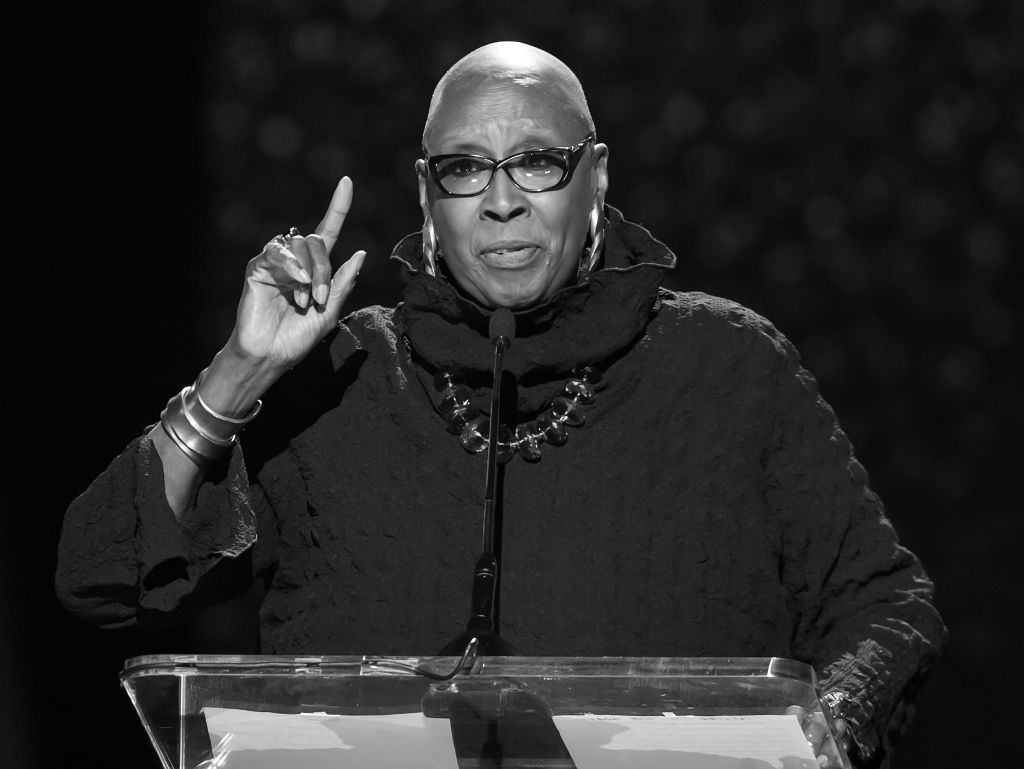When Black-ish star Anthony Anderson was diagnosed with diabetes in 2002, he was blindsided, but knew he had to take charge of his health.
After all, diabetes is the primary cause of chronic kidney disease, according to the American Kidney Fund. In fact, one in three adults with diabetes—whether type 1 or type 2—may already have CKD. And Blacks with diabetes develop kidney failure more often than Whites.
Anderson, who saw how diabetes and kidney disease had impacted friends and family, prioritized a healthy diet and regular exercise. A 2017 episode of Black-ish even highlighted his character’s bout with type-2 diabetes. Anderson’s advocacy is most pronounced via Get Real About Diabetes, his awareness campaign in partnership with Novo Nordisk.
Chronic kidney disease is a public health crisis in the U.S., and is far more prevalent in Black people than in White people in the United States, according to the National Kidney Foundation. Black people comprise 13% of the American population but account for about 35% of CKD cases, making them four times as likely as White people to develop the disease.
Given the prevalence of chronic kidney disease, it’s not surprising that there are a number of public figures and celebrities who are living with the chronic illness. And these days, many, from Nick Cannon to Stevie Wonder to the rapper Freeway are open to sharing how they manage their kidney-related ailments—in hopes of inspiring others who might be experiencing the same.
In 2012, Nick Cannon shared that he was diagnosed with lupus nephritis, or lupus kidney disease. His symptoms included fatigue and swelling in his knees, which led to a hospitalization. Then, he learned his kidneys had begun to fail.
Lupus is a disease that can affect any organ system and kidney involvement is one of the most serious manifestations of the disease. Blacks get lupus nephritis more often than other lupus patients. Although most do well with proper medication and lifestyle changes, 10-30% will eventually need regular dialysis or a kidney transplant, according to this study.
Cannon has been vocal about living with lupus nephritis, and how eating low-fat, low-sodium, and low-sugar diets and keeping his blood pressure and blood sugar under control can prevent kidney damage.
He’s raised awareness by serving as the national honorary chair of the National Kidney Foundation’s Kidney Walk, which meant promoting events on traditional and social media and even mounting his own fundraising campaign.
Philadelphia rapper Freeway was diagnosed with End Stage Renal Disease (ESRD) in 2015, which resulted in him suffering from kidney failure. “I was running around with three of the leading risk factors for kidney disease, and I was unaware of it,” he told Fox29 in 2020, citing the factors as having hypertension and diabetes, as well as being African-American.
Freeway chronicled the ups and downs of his life through his Instagram account. He was transparent about his time in dialysis, which took four hours a day, three days a week, along with various appointments. In February 2019, Freeway underwent a kidney transplant to save his life and shared updates from his hospital bed as he recovered.
Since then, he has been committed to helping others get and stay healthy. Freeway acts as an ambassador for the National Kidney Foundation to raise awareness of the disease.
NBA hall-of-famer Alonzo Mourning was at the height of his basketball career—he had just won gold in the 2000 Summer Olympics—when he noticed extreme swelling throughout his body and a lack of energy.
A routine physical exam showed abnormalities, and eventually, Mourning received a diagnosis of a rare, protein-spilling kidney disease called focal segmental glomerulosclerosis (FSGS). FSGS occurs more commonly in Blacks than in Whites, and the rate of decline of kidney function is generally more rapid in African Americans.
FSGS caused such complications for Mourning that he required, and received, a kidney transplant in 2003. Less than a year after his operation, the future Hall of Famer made the risky decision to return to the NBA, and eventually won a championship with the Miami Heat in 2006.
Last November, Mourning told The Athletic that he’s at peace with his journey with FSGS—and says he feels great. Every day, he takes the medicine he needs to prevent his body from rejecting his transplanted kidney. He eats right. He exercises.
Through his advocacy and education efforts, Mourning has raised more than $50 million for various programs, according to the International Society of Nephrology. He continues to work tirelessly to help those with kidney disease.





















Discussion about this post